Local elections in Croatia: When the popularity of leaders does not help – BBC News in Serbian
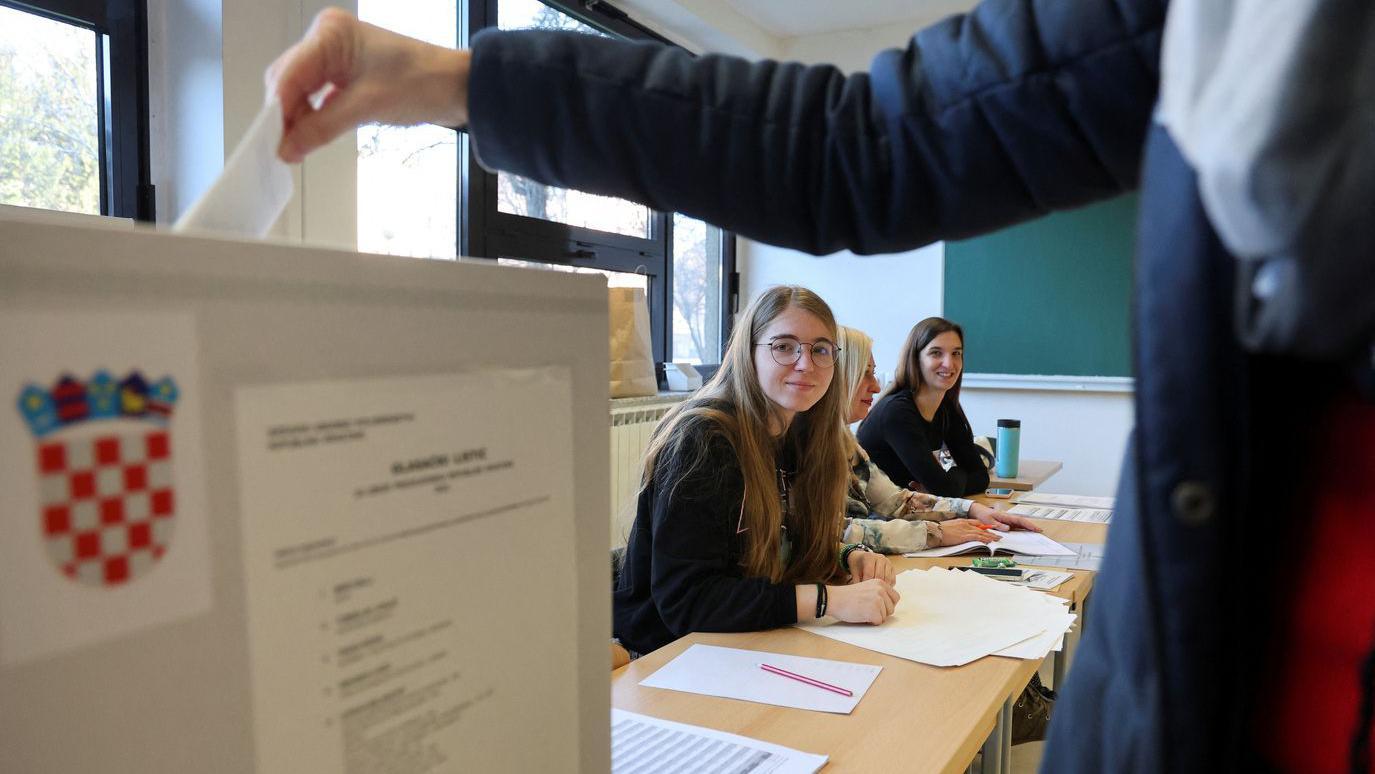
While Serbia 13 years old, the promenades, the main moves in the Croatian political game are ruled by the political game for decades, withdraw two large players.
The Government is led by the Croatian Democratic Union (HDZ), the right center party, while President Zoran Milanović, the former leader of the Left-wing Social Democratic Party (SDP).
Although Milanovic is valid for years the most popular politician in the countryits SDP at the local elections 18. May failed to use this popularity.
Despite numerous predictions, he lost some traditional bases, such as Rijeka and Sisak.
« Local elections do not always follow the logic of state and therefore, except in Zagreb or larger cities, people who know or people from their surroundings know, » explains Ankica Mamić, a communications expert in Serbian.
Mayors and counties are chosen directly in Croatia and two thirds of the cities are completed on Sunday.
The second round of voting is held 1. June, when the first man of Zagreb will be known, and the current mayor of Tomislav Tomašević will be kept convincingly.
It will also be voted in Split, Rijeka, Dubrovnik and Vukovar.
Unlike Croatia, the political image in Serbia looks colored at all levels with the same brush.
In the local elections organized 2024The ruling Serbian Advanced Party (SNS) has won most cities and municipalities.
Although the councilors of local assemblies were selected, almost all the list of ruling advances carried the name of the state – Aleksandra Vučić.
Election units are significantly decentralized in Croatia but in Serbia and the relationship of the voters there is completely different according to the parties, the Bojan Vranić explains, professor from the Faculty of Political Sciences in Belgrade.
« In Serbia, strong leadership parties and national will is often mapped to the local level, » he says for the BBC in Serbian.
Quality or popularity, the question is now
After A convincing victories Zoran Milanovic At the presidential election in January, the political analyst, Dragan Bagić, said the position of the SDP in the Maja elections on the local, but that it did not necessarily guarantee it.
He will judge, added, « quality of candidates, campaigns and programs for solving the problems of individual local areas. »
While at the beginning of the year in Milanović’s staff, a few months later the atmosphere in the SDP premises at the local, everything was just not winning.
The SDP has lost confidence in some traditional fortifications such as a river where it ruled more than three decades.
Most of the voters there in the first round rounded the name of the independent candidate Ivo Rančić.
In the second round, he will fight against the current Mayor of Marko Filipović who left the SDP.
The SDP has made several mistakes and did not catch the wave of Milanovic’s popularity, assesses communication.
Just a month ago, they are in the « Red River », as the media describes this coastal city, changed the candidate, and instead of the current mayor, his deputy, party colleague was first on the list.
« Strategically, it was an unreasonable move, » Mamic claims.

That voters in Croatia still value the quality and work of a certain candidate, and not a party whose member or a member, Mamić illustrates the example of Sisak, where the SDP has lost power after more than a decade.
Voters are most likely, she says, decided to penalize Christina Ikić Baniček so far the mayor, dissatisfied with the way he managed the city.
58 percent of them voted for the HDZ candidate of Domagoj Orlić.
Osijek remains a candidate of the ruling party, although, reminiscent of Ankica Mamić, at the HDZ parliamentary elections, gave many smaller votes.
The influence of the parties is more noticeable in smaller places where the inhabitants like them to be recognized at the state level, it is the impression.
Thus voters in Koprivnica, 70 kilometers northeast of Zagreb, mostly voted for Michel Jakšić, SDP Vice President, which is in the function of mayor. Since 2013 years.
« He achieved a great result, and people are obviously satisfied that so far he has led the city, » Mamic added.
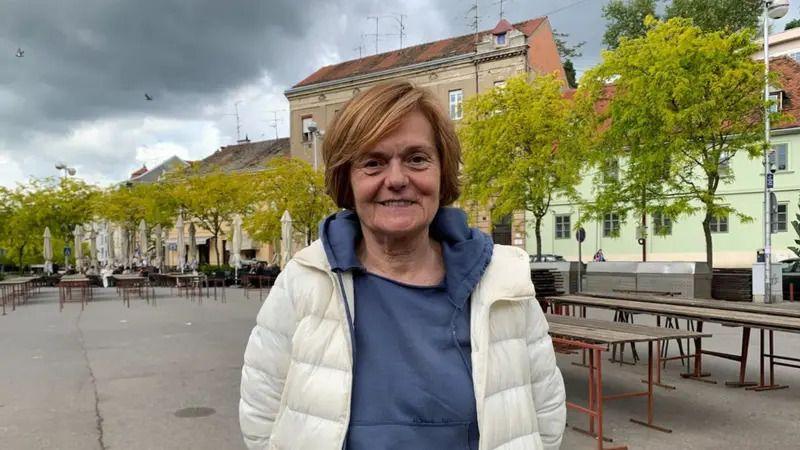
The inhabitants of the youngest member of the European Union were leaving the polls for the year and a half days.
The turnout was lower every time compared to the previous constituency cycle.
Communicology Mamic says it is somewhat understandable that people are not interested in the European Parliament election, but that there is no interest in who the communal affairs will disappoint her.
« It’s a big defeat of politics, » he adds.
The final winners of these elections It will be known after the second round in 13 counties and the city of Zagreb, 46 cities and 61 municipalities.
It is in Zagreb since 2021. In power, we can go to the green-left coalition.
Tomislav Tomašević, the current mayor of which he supports and the SDP, the victory in the first round was slipped for the hair. He won 47.51 percent of the votes.
There were 31,802 candidates in the state with slightly more than 3.5 million, some had and Criminal charges.
However, the number is not particularly disputed, says Ankica Mamić, notes that there were fewer candidates than in the last local elections and remembers Croatia, however, has a large number of local self-government units.
Watch State, choose locally
Voters in Serbia, which await local elections in Kosjeric and Zajecar, voting for famous political figures, even if there are no on the polling sheet.
« People often expect Boris Tadic, Aleksandar Vučić, Tomislav Nikolić or Vojislav Seselj, to solve communal problems, which is not like, » says Professor Vranic.
He is The BBC said earlier That political decentralization in Serbia within the parties themselves have never been done and that the centers are dominant and commanded by the bar.
That is why the race for mayors in Croatia is uncertain and much more interesting than in Serbia, Vranić adds.
« Voters are more oriented in Croatia towards what a certain candidate offers than the case in Serbia, » he concludes.
The BBC in Serbian is from now on and on the morning, follow us Here.
Follow us on Facebook, Twitter, Instagram and Vajiberu. If you have a topic suggestion for us please contact (Email Protected)

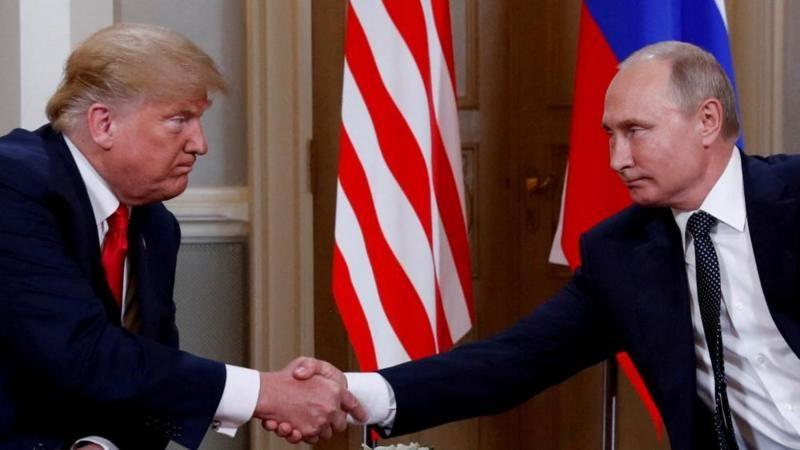

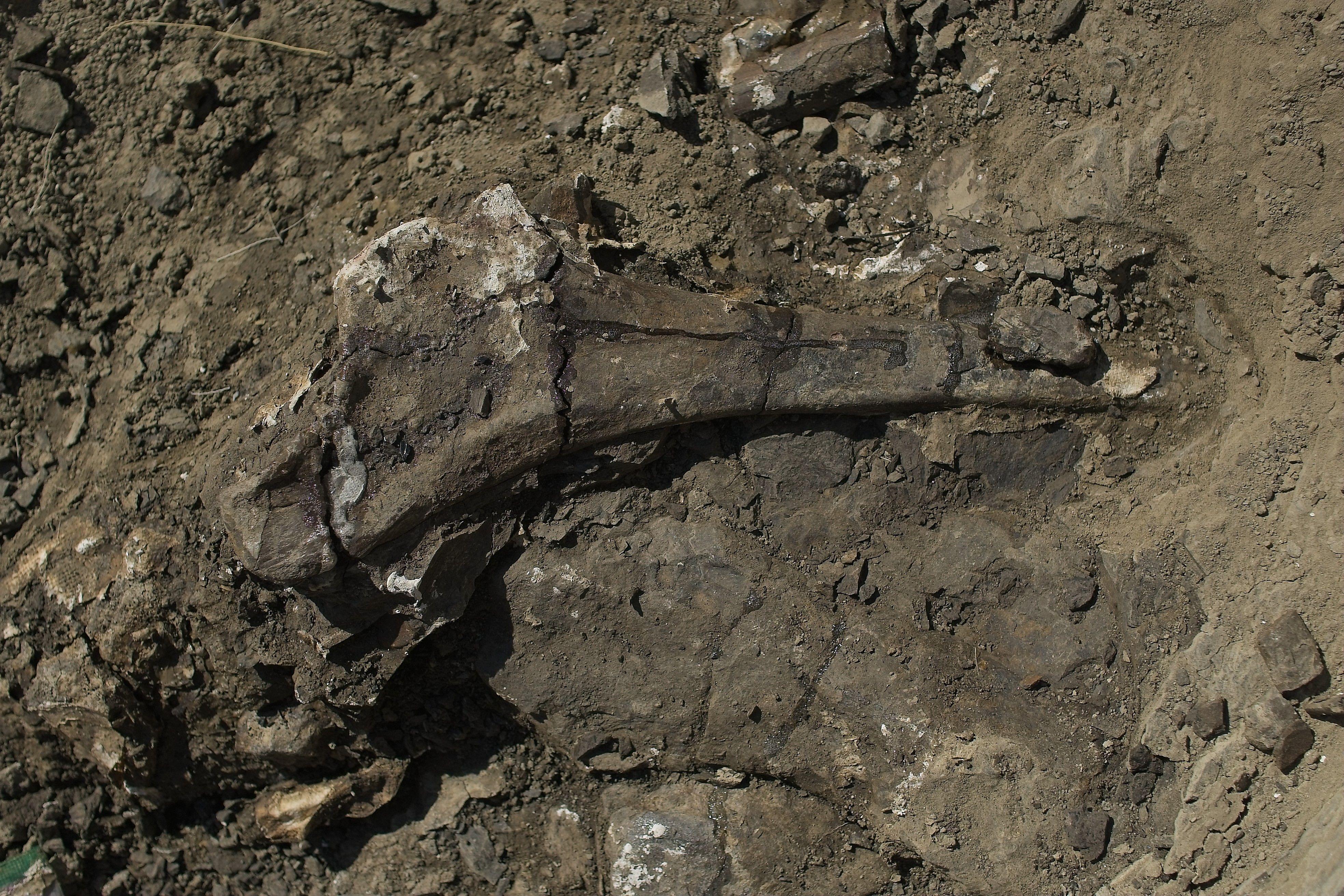

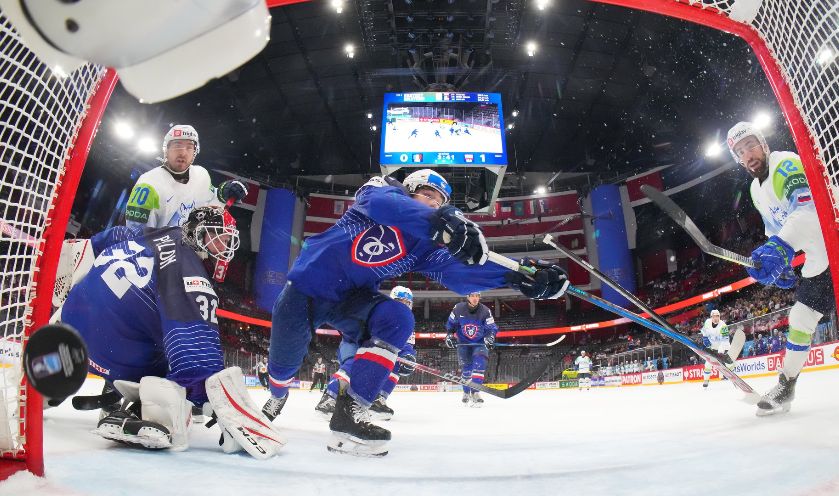

:format(webp)/s3/static.nrc.nl/wp-content/uploads/2024/08/30093538/data120981037-74ed2f.jpg)
